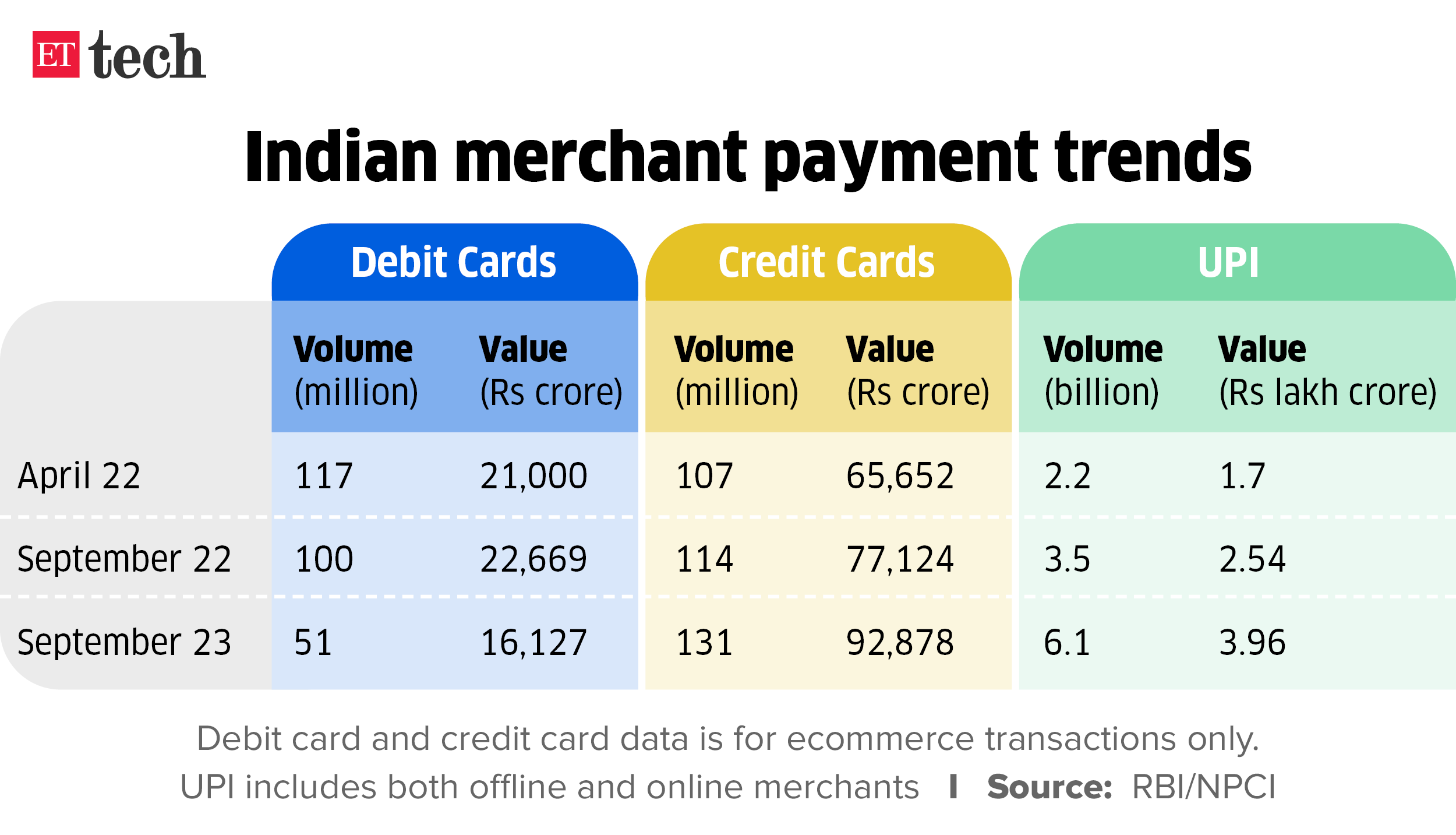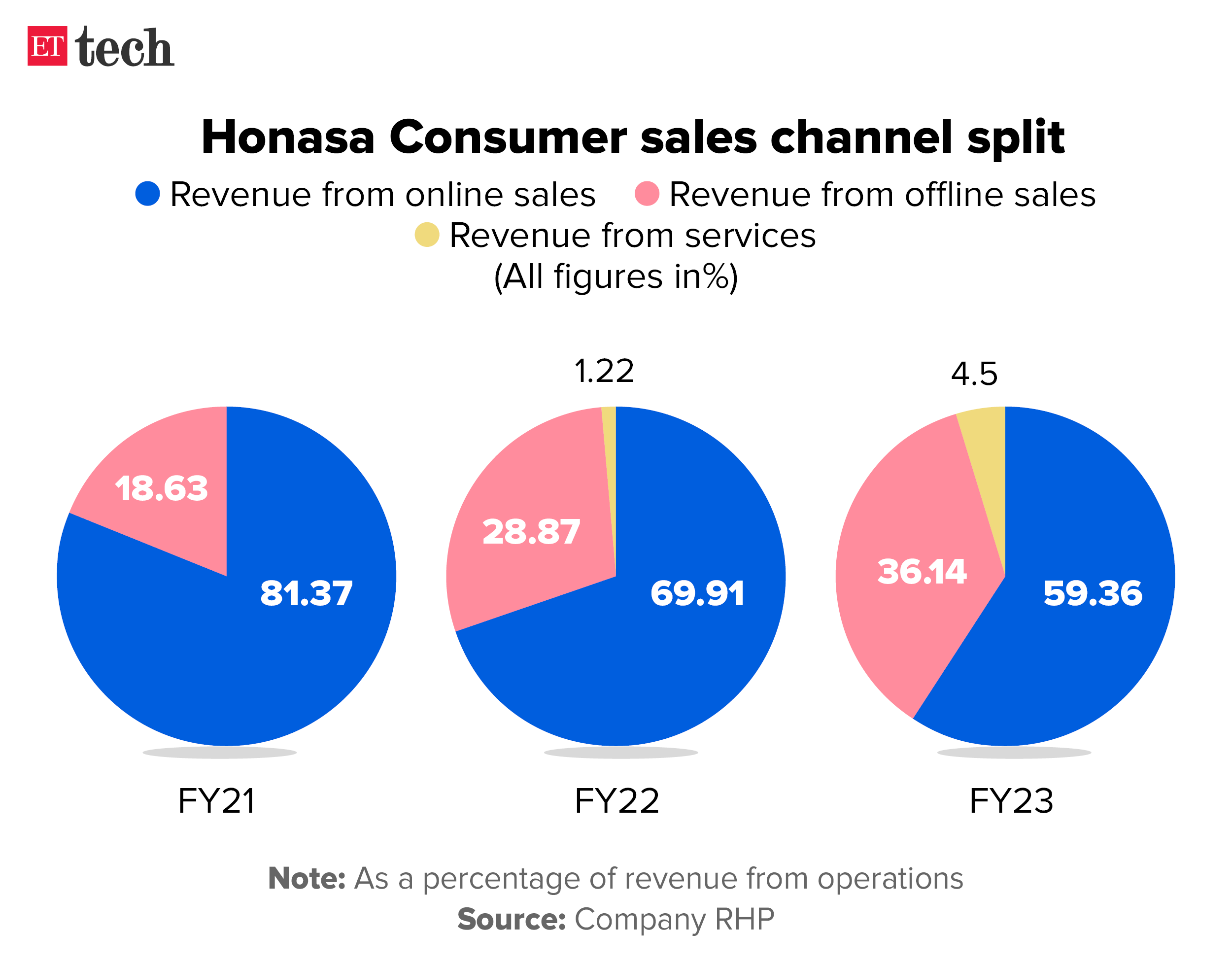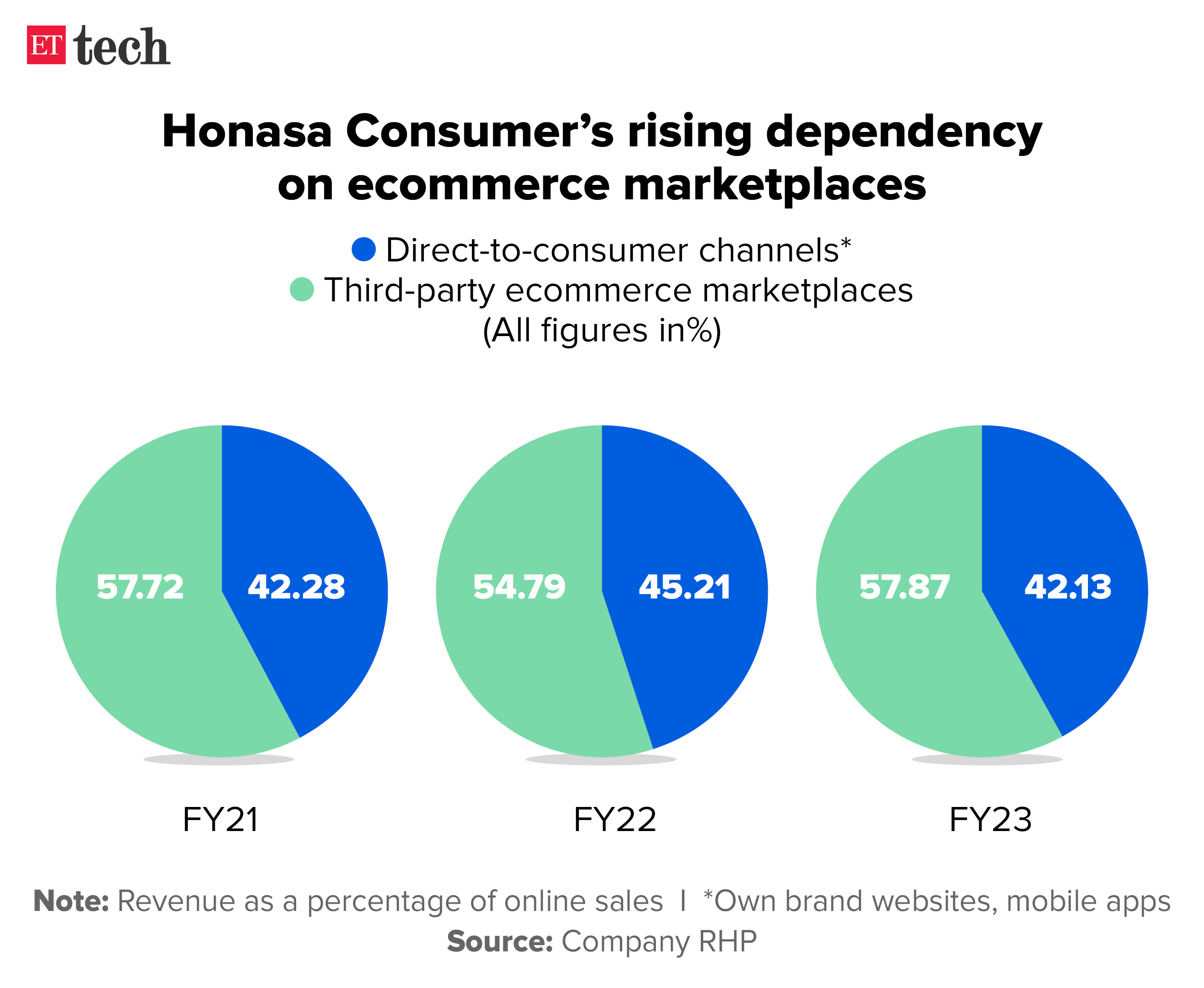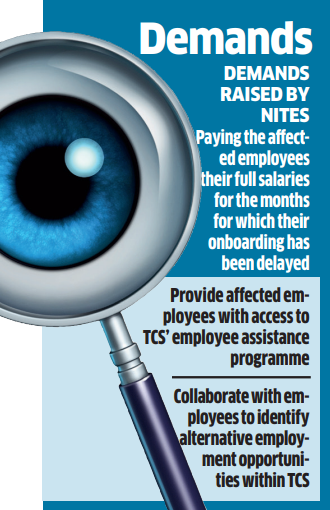Also in this letter:
■ Maharashtra notice to TCS over delay in onboarding
■ Honasa sees falling revenue share of its top 10 products
■ CarTrade’s Sobek shuts customer-to-business operations
Debit cards losing out as UPI turns default mode on ecommerce
Debit cards are steadily losing market share when it comes to consumers making online ecommerce payments. Data released by RBI shows that debit card swipes at ecommerce outlets have more than halved in the last two years. This is happening at a time when both credit cards and UPI adoption are on an upswing.
Also read | Banks move to cash in on QR code pay boom
Number crunching:
How are the different payment modes stacked up?
- Debit card swipes down 56% at 51 million in September 2023 against 117 million in April 2022.
- Credit cards up 22% at 131 million compared to 107 million in the same time-frame.
- UPI payments rose 177% between 6 billion in September and 2.2 billion in April last year for merchant payments.

Why is this happening? Industry insiders pointed out several factors impacting this trend:
- Ease of use of UPI
- Offers run by third-party apps on UPI
- Merchant incentives on UPI payments from government
- Deactivation of inactive debit cards
Also read: After UPI, now credit cards overtake debit card transactions
Impact of the move: The rapid adoption of UPI is taking a significant chunk of digital payments away from the world of global card schemes like Visa and Mastercard.
While card players generate maximum revenue from credit cards, with more than 950 million debit cards in the country, it was always an important transaction driver for global card schemes.
Now with credit lines set to open on UPI and RuPay credit cards going live on UPI, this impact is expected to get more profound.
Also read | How digital payments became democratic – the UPI way
Making content more accessible for the disabled: OTTs

Over-the-top (OTT) platforms such as Netflix and Amazon have reassured the government that they take ample measures to ensure entertainment on their platforms is inclusive and accessible to persons with disabilities.
Details: This submission, sent earlier this month, was made by the Digital Publisher Content Grievances Council (DPCGC), an independent self-regulatory body set up under the Internet and Mobile Association of India (IAMAI). Members include Netflix, Amazon Prime Video, Apple TV, Eros Now and Hungama.
What’d they say? Acknowledging the need for inclusive entertainment, the DPCGC said, “In order to make their services more accessible, certain best practices like providing subtitles for deaf and hard of hearing (SDH)/closed captions (CC) and/or audio descriptions (AD) for users who are deaf and hard of hearing and/or blind or visually impaired respectively are being followed.”
Certain platforms also offer users the option to customise captions, for a particular content by language, as well as font style, colour, shadow and size across devices.
It added that such measures may vary from publisher to publisher and content to content based on their respective feasibility.
What drove this? This comes a month after the Ministry of Information & Broadcasting (MIB) wrote to OTT platforms regarding the issue, following an order by the Delhi High Court to make films and other content accessible to persons with disabilities.
The Delhi HC on January 16 directed Shah Rukh Khan-starrer Pathaan’s producer, Yash Raj Films, to prepare “audio descriptions, closed captioning, and subtitles” in Hindi for hearing and visually impaired people for the film’s release on Amazon Prime Video.
Honasa sees falling revenue contribution from its top 10 products

Varun Alagh (left) and Ghazal Alagh, cofounders, Honasa Consumer
Honasa Consumer, the parent of personal care brand Mamaearth, said it has seen a reduction in contribution to revenue from its top 10 products. Any fall in sales of these products could “adversely affect our business, cash flows, financial condition,” the company said. The omnichannel consumer firm is expected to launch its initial public offering on October 31.
Driving the news: In FY23, the contribution of Honasa’s top 10 products fell to 27.38% of its total operating revenue of Rs 1,492.75 crore, according to the red herring prospectus filed with the markets regulator. In FY22, the share of top 10 products in the company’s operating revenue of Rs 943.46 crore was 30.17%.

Other brands rising: The flagship Mamaearth brand’s share in the overall revenue for its parent company, excluding revenue from services, has decreased. In the June quarter, it was Rs 303.63 crore, making up 67.1% of the total operating revenue, compared to the same period last year when it raked in Rs 256.78 crore, accounting for 87.1%.

Also read | Personal care brand Mamaearth gets set for renewed overseas push
Meet the founders: Ghazal and Varun Alagh started Honasa Consumer after struggling to find toxin-free products for their son, Agastya, in India back in 2016. This inspired the launch of Mamaearth, offering toxin-free products for babies and young mothers in recyclable packaging as an online-first brand. Read more about them.
Also read | Mamaearth cofounder Ghazal Alagh denies IPO valuation rumours
Maharashtra notice to TCS over delay in onboarding

Maharashtra’s labour and employment ministry has issued a notice to Tata Consultancy Services (TCS) following a complaint regarding delayed onboarding of lateral recruits by the company. The notice has asked TCS executives to discuss the issue with state government officials.
Delayed joining: A complaint was filed by union body Nascent Information Technology Employees Senate (NITES) on behalf of over 2,000 lateral recruits, who have been adversely affected by the unexpected delay in their onboarding process by the software major.

Details: NITES said professionals with varying experience levels ranging from 1.8 to 15 years, have been awaiting onboarding, with some being kept on the hook for months. The complaint highlighted that these people are without a source of income and facing financial distress, unable to meet family responsibilities.
India’s largest software exporter reported muted numbers for the second quarter amid an IT slowdown, with chief HR officer Milind Lakkad saying recently that the company will go slow on hiring.
Tech Mahindra Q2: Profit down 61% | Meanwhile, TCS peer Tech Mahindra reported a massive 61% drop in net profit in the second quarter of this financial year, citing unanticipated pressure on capital expenditure and a lack of recovery in the communications domain, its largest revenue driver.
Also read | Top IT companies boost margins amidst market struggles
CarTrade Sobek shuts C2B ops to focus on classifieds business

In a bid to cut costs, the board of directors of Sobek, a wholly-owned subsidiary of online used car marketplace CarTrade Tech, has approved the closure of its customer-to-business (C2B) auto transaction operations, the parent company said in a stock exchange filing.
Driving the news: Sobek Auto is being shuttered as the C2B transaction business has struggled with its unit economics. The company aims to reduce both human resource and other administrative costs, and to explore partnership opportunities with other players.
Sobek was acquired by CarTrade Tech on August 11.
Focus on Olx: It will now train its attention and resources to Olx, its profitable classifieds business. The Olx classified app has garnered more than 100 million downloads. The platform offers services across 12 categories including automobiles, real estate and electronics. It served as the classifieds unit of Dutch-listed investment firm Prosus until its acquisition by CarTrade in August.
Other Top Stories By Our Reporters

Anant Tanted, founder & CEO, The Indian Garage Co.
Aditya Birla Group’s TMRW invests Rs 155 crore in The Indian Garage Co: TMRW, an ecommerce rollup venture owned by the Aditya Birla Group, has invested Rs 155 crore in menswear brand The Indian Garage Co. Founded in 2012, TIGC chalked up Rs 300 crore in revenue in FY23 alongside a “healthy double-digit profit margin,” according to a statement.
Garuda Aerospace secures Rs 25 crore in funding: Drone startup Garuda Aerospace, backed by former Indian cricket team captain Mahendra Singh Dhoni, has raised Rs 25 crore in a recent bridge round of funding led by early-stage investor Venture Catalysts and WeFounderCircle.
Amid pivot from fast fashion, Virgio fires 30% of staff: Between 20 to 30 employees were laid off or exited of their own accord over the past few months at fashion startup Virgio as the company closed down its fast fashion business, according to a source.
In-depth | Google’s cutting-edge Tensor chip: Designed in India for the world | Google is set to start making its flagship Pixel 8 phones in India, starting early 2024. At the heart of the flagship device is the latest iteration of the Tensor chip, designed in India for the world.
Global Picks We Are Reading
■ Microsoft gets another leg up on Google in AI race (WSJ)
■ Cosmetics resale in Brazil: The Uber driver running a beauty store from his car (Rest of World)
■ Digital financial services: an explainer (Financial Times)
























